Intervista a Kristi Stassinopoulou
Kristi Stassinopoulou è una cantante greca che seguo da qualche anno. I suoi dischi, tutti diversi, spaziano dalla musica elettronica a quella tradizionale. Molto apprezzata nell'ambiente della world music ha raggiunto le vette della classifica europea con il disco Echotropia del 2001 mentre con Greekadelia del 2012 si è piazzata al n° 1 in quelle mondiali. Nell'ultimo mese, dopo aver scritto un post su di lei, l' ho contattata imbastendo una corrispondenza via mail culminata con questa intervista in cui le ho chiesto del suo lavoro e del suo tempo libero. Dalle sue risposte vien fuori una donna semplice e concreta, direi coi piedi ben saldi alla terra e la testa ben oltre le nuvole; un'artista che merita d'essere conosciuta..
Ascolta l'album Greekadelia
Quando hai iniziato a
scrivere e suonare musica?
Quando ero bambina, mio
fratello maggiore, oggi professore di ingegneria, aveva creato una piccolo
baracchino con il quale, per giocare, riuscivamo a raggiungere stazioni
radiofoniche estere. Passavamo le vacanze a Kalamata, una città portuale a sud
del Peloponneso in cui le onde radio sono facilmente trasmissibili via mare
visto che la Grecia è crocevia tra Europa, Africa e Asia. Ascoltavamoo
programmi provenienti da tutto il Mediterraneo: Italia, Malta, Egitto e Nord
Africa, il Medio Oriente, l'Asia Minore e i Balcani. Tutti questi suoni,
lingue, cantate e parlate diversi erano magici per me! Iniziai così a imitarli
scrivendo poesie. Come tutti ho iniziato a strimpellare la mia prima chitarra
durante l' adolescenza: bands con gli amici, sale prove casalinghe nei garage e
in case disabitate ad Atene, piccoli concerti a scuola, ecc.. In quel periodo si
suonava soprattutto musica rock ma il mio cuore era innamorato dei suoni
popolari e delle melodie tradizionali provenienti dalla Grecia, dalle isole e
dall'Asia Minore.
Che significato attribuisci
alla parola "tradizione"?
Per essere in grado di
decollare e volare in alto, bisogna avere i piedi per terra e da lì ... andare
lontano. Più solide sono le radici, più alto è il volo. Questa è la tradizione:
qualcosa dato a noi dalle generazioni precedenti. Un regalo prezioso che dobbiamo
rispettare e preservare che va usato anche come strumento per andare oltre.
Qual è il tuo rapporto con la tecnologia?
Mi sento molto fortunata ad
aver vissuto in un'epoca e in un luogo del mondo in cui ho avuto la possibilità
di sperimentare il trapasso verso le innovazioni tecnologiche, tieni presente
che in Grecia non tanti anni fa non c'era l'elettricità, niente auto ne il
telefono. Amo la tecnologia e i servizi che ci sta offrendo, rende la
nostra vita più comoda grazie alla semplificazione della comunicazione con tutto il mondo, inoltre ci
sono tante cose che si possono fare al giorno d'oggi in musica come avere uno studio di registrazione in un computer
portatile. In un Pc si può avere un'intera gamma di suoni diversi e creare musica di qualsiasi
genere, tutto questo è incredibile! Ma vi è anche il rischio di rimanere
intrappolati da essa come sta accadendo a noi nel mondo occidentale.Quindi si, mi piace
la tecnologia ma per me la dimensione migliore è quella naturale e pura, dove sono in grado di sentire e di osservare e imparando dal genio "tecnologico" della natura.
La musica è un'arte sociale
che coinvolge molte persone. Scrivere è una cosa intima, in cui vi è solo lo
scrittore e la scrittura. Io amo entrambi i mondi. Stathis Kalyviotis, il mio
compagno è il compositore delle nostre musiche e io sono principalmente il
paroliere. Le prime idee delle nostre canzoni, la prima melodia e il testo, di
solito arrivano quando siamo in tranquillità. Iniziamo la registrazione in casa
a cui seguono le prove, le registrazioni e i concerti dal vivo. I live sono qualcosa di magico in cui si
instaura un collegamento diretto con il pubblico nei club e nei festival
all'aperto, un brusio piacevole, pieno di avventure, energia e la condivisione
della nostra musica con altre persone. L'altro lato di me è solo amore per il
silenzio, in cui mi concentro nella scrittura. Scrivere libri ed essere
musicista è una bella combinazione di due modi completamente opposti di
esprimermi, che mi mette in equilibrio.
Qual è il tuo prossimo progetto?
Io non amo tanto la parola progetto, ma
comunque lo si vuol chiamare... ecco diciamo che in questi giorni stiamo
registrando nuove canzoni per il prossimo album.
Che musica ti piace
ascoltare nel tempo libero?
Questi ultimi anni amo
ascoltare musica tradizionale che è sopravvissuta attraverso decenni o secoli, in particolare la musica modale, il canto bizantino, la musica
classica indiana e strumentisti popolari come Petroloukas Chalkias o brani provenienti dalle zone rurali della penisola greca, come i CD compilation di
Domna Samiou e importanti cantanti provenienti dall' India, come Kishori
Amonkar. Questi sono i miei principali ascolti oggi.
Stessa domanda in riferimento ai libri e all' Arte
E la risposta è pressochè la
stessa... io non sono più interessata alla letteratura che ho ampiamente letto nella
mia vita, ora sono indirizzata verso la scrittura Veda e Upanishad; leggo libri di filosofia, esoterici e di storia.
Hai una citazione
preferita?
"Be happy"
Intervista originale in
inglese
When did you start writing
and playing music?
When I was a kid, my elder
brother, a professor of engineering nowadays, had turned a small radio to
worldwide receiver and used to play with it all night through, trying to reach
different radio stations from the outside world. We used to spend our summer vacations
in the homeland of my father, Kalamata, a city port in the far southern end of
the Peloponnesus. Radio waves are easily transmittable over the sea. Greece is
at the crossroads between Europe, Africa and Asia, so my brother’s handmade
radio receiver was easily catching programmes with songs from all the coasts of
the Mediterranean sea: Italy and Malta, Egypt and Northern Africa, the Middle
East, Asia Minor, the Balkan countries. All these different sounds, different
instruments played, different languages sung and spoken, they sounded so
magical to me! As a very small child I was trying to imitate them and create
peculiar songs, words and poems. My first guitar I started scratching of course
in my teenage years: Bands with friends, self-made rehearsing studios in
underground rooms and in deserted houses of Athens, small concerts in high
school, in parties, etc. It was mainly rock music for us those days. But my
heart was also secretly in love with folk sounds and traditional tunes from
Greece, from the islands and from Asia Minor.
What does it mean for you
the word “tradition”?
To be able to take off and
fly high, one needs to have feet on the ground and from there... to push
forward. The more solid the ground, the higher the fly. That’s tradition: Something given to us by the previous
generations. A precious present that we
should respect and preserve, but also use as a tool to go further.
What is your relationship with technology?
I feel very lucky to have
lived in an era and in a spot of the world where I had the chance to experience
both: the 21st century’s technology, but also places in Greece where there was
not even electricity yet, no cars, not even telephone. My generation had the
chance to experience this interesting turning point in the history of mankind.
I love technology and the
services that it is offering to us, which make our lives more convenient and
our communication with the whole world so easy. There are so many things one
can do nowadays in music with the use of music technology. We can have a whole
recording studio in a laptop. A whole palette of so many different sounds, to
work with like a painter and create music of any kind. All this is amazing!But
there is also the risk to get trapped by it and become too sybaritic, like is
happening to us in the western world.
I like technology, but for
me the best of all is whenever I manage to find myself in natural and pure
places with no technology at all, where I am able to feel and observe and learn
from the genius technology of nature.
What about your books, is it
the same process about writing songs and books?
Music is a social art,
involving many persons. Writing is an intimate thing, in which there is just
the writer and the writing. I love both, and the one is resting me from the
other. Stathis Kalyviotis, my yearlong partner, is mainly the composer of our
songs, I am mainly the lyricist. The first ideas of our songs, the first melody
and the lyrics, they usually come when we are in quietness. We start recording
them at home. Then follows all the involvement with other people. Rehearsals,
recordings, live concerts, this magical, direct connection with the audience in
clubs and in open air festivals, and being on the road in full action. A nice
buzz, full of adventure, high energy and sharing of things with other people.
The other side of me is just
my beloved diving in silence, all alone with my writing. It’s a nice
combination of two totally opposite ways to express myself, which puts me in
balance.
What’s your next project?
I don’t so much like the word project, but
whatever we name it... these days we are
recording our new songs, for a new album.
Something about you and your
free time: what’s your favourite music?
These last years I mostly
enjoy listening to old, original, traditional music. The kind of music that
survived through decades or centuries. It’s mainly modal music that interests
me and clears my ears from all day involvement with the sound: Byzantine
chanting, classical Indian music, folk instrumentalists like Petroloukas
Chalkias, folk songs from the rural areas of the Greek peninsula, like the
compilation CDs of Domna Samiou, important vocalists from India, like Kishori
Amonkar. It’s this kind of things that I mostly enjoy listening to nowadays.
Same question about books
and Art
And a similar answer... I am
not any more interested that much in reading literature and specifically
fiction, all of which I have read a lot in
my life. Now my best is to be diving deep in the scripts of the Vedas,
the Upanishads, books about philosophy, esoteric schools of though, history.
Have you a favourite quote?
“Be happy”
Leggi anche Kristi Stassinopoulou e la Grecia psichedelica
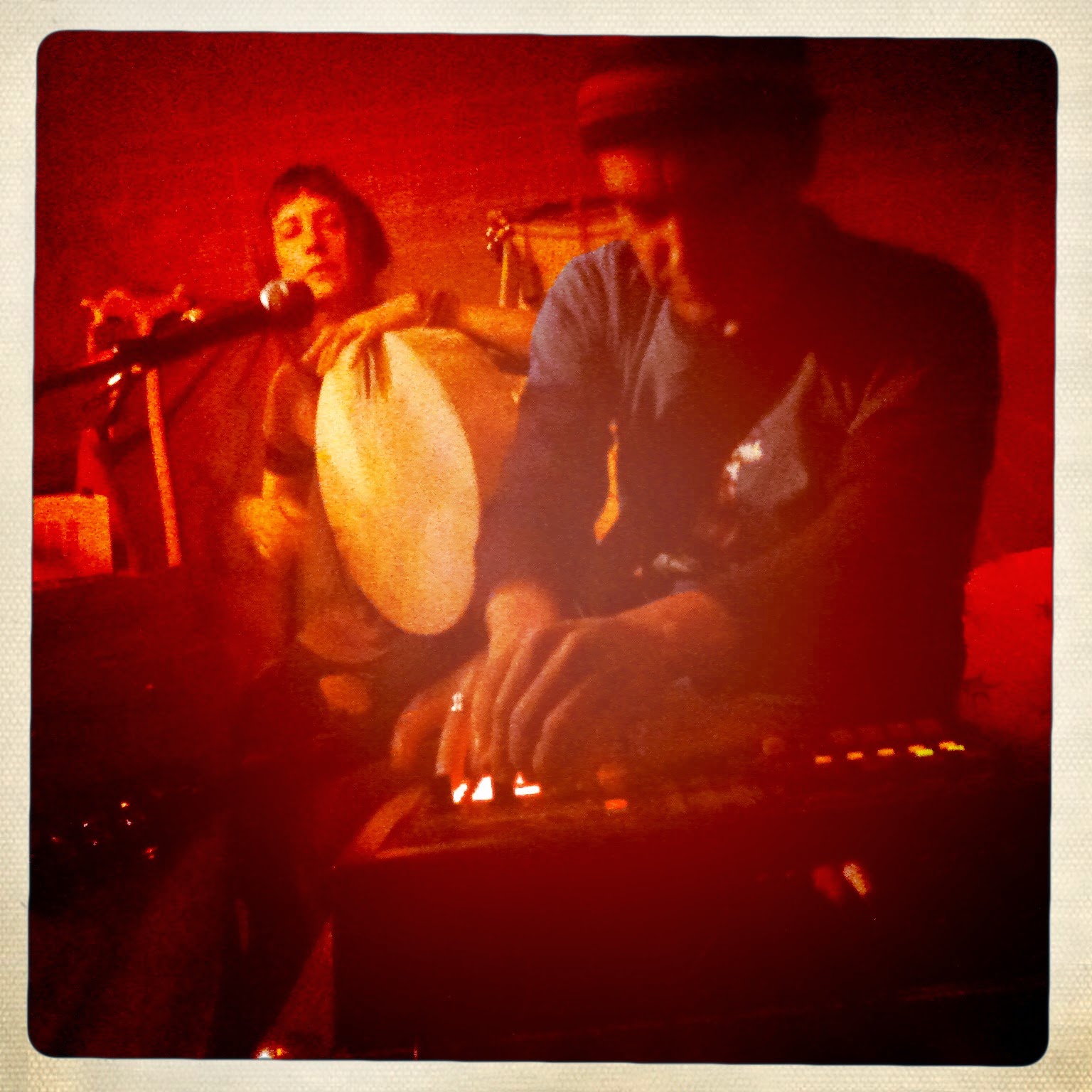


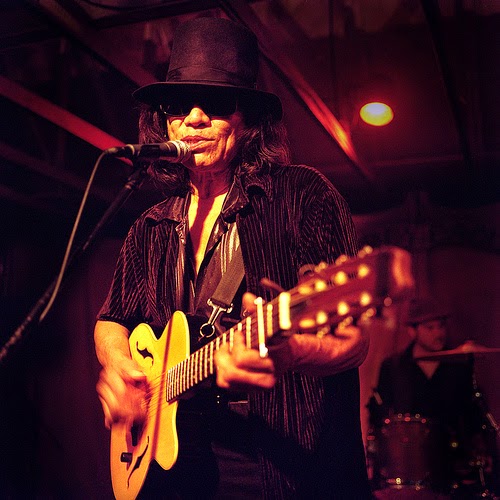
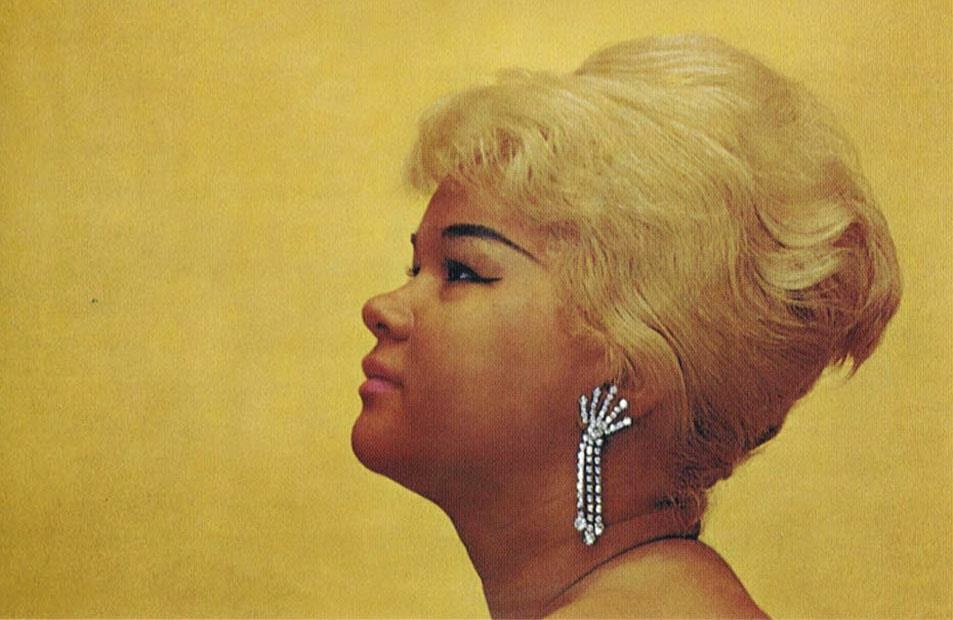
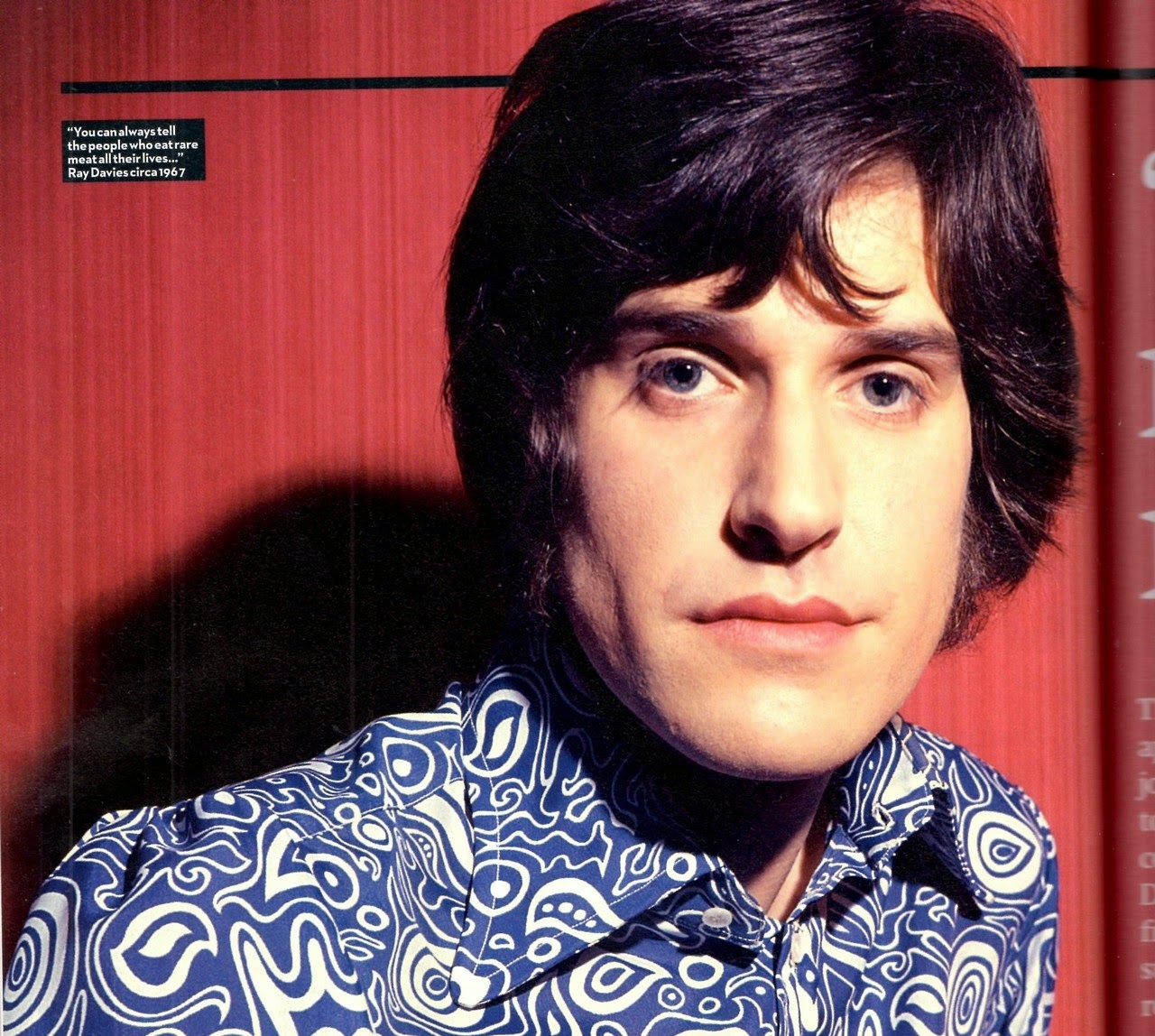
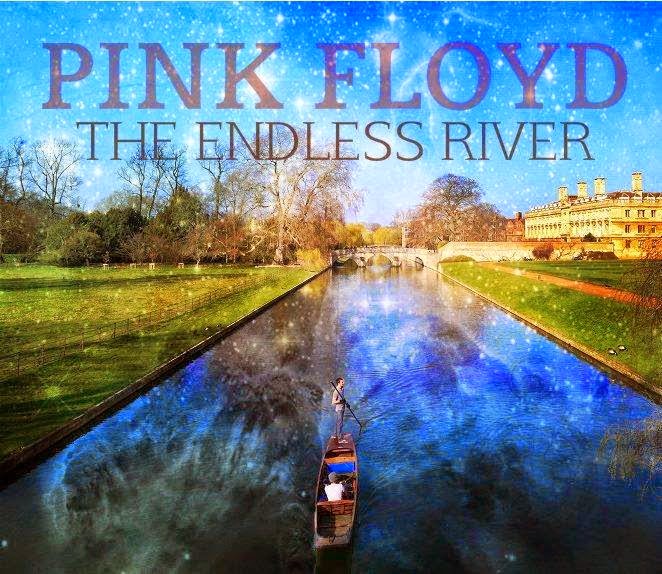
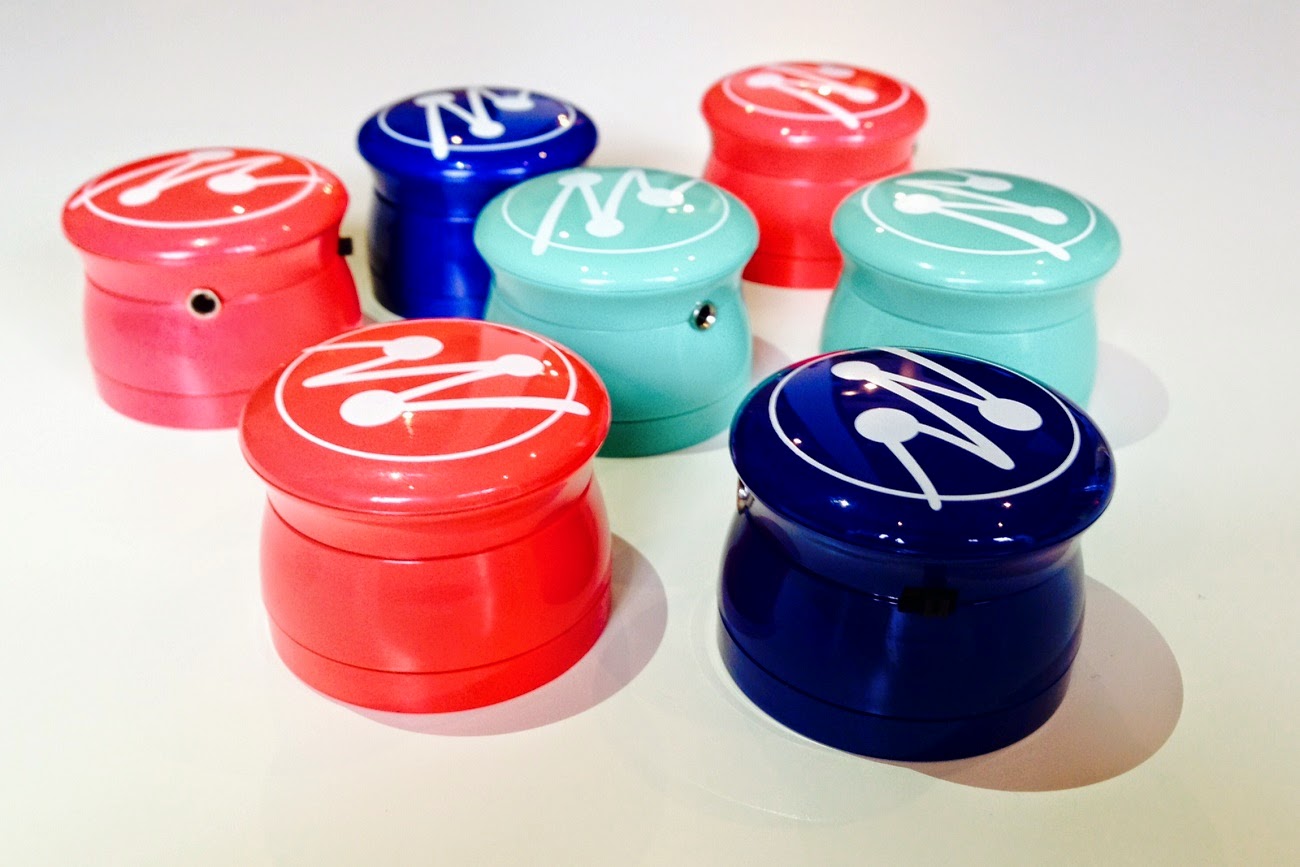

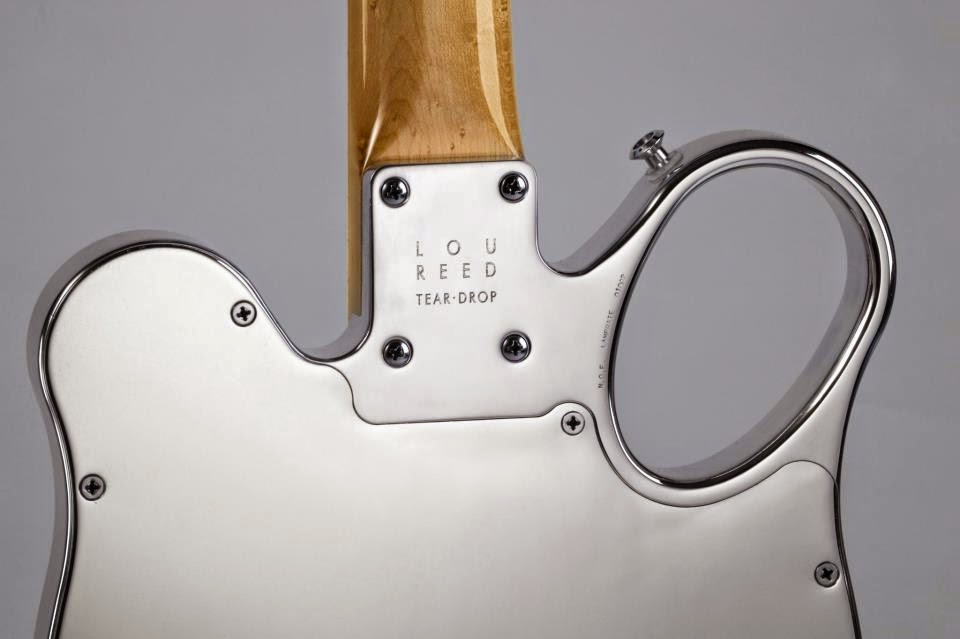

Commenti